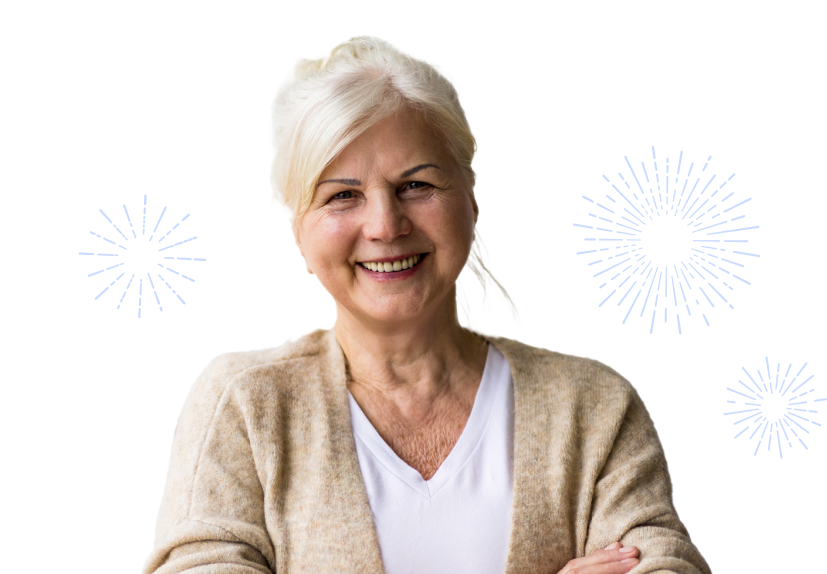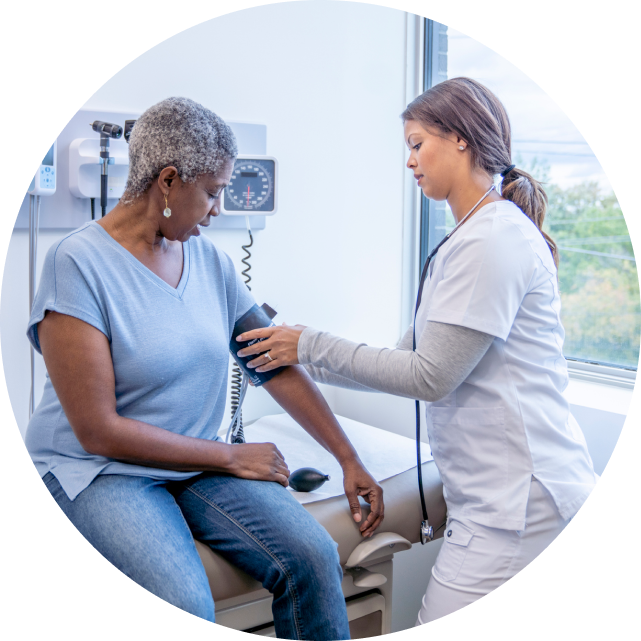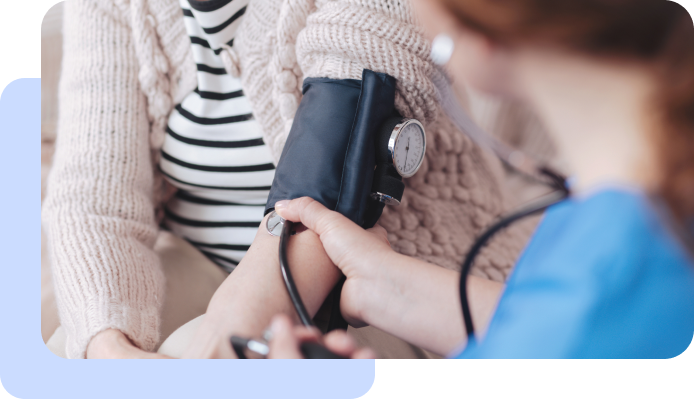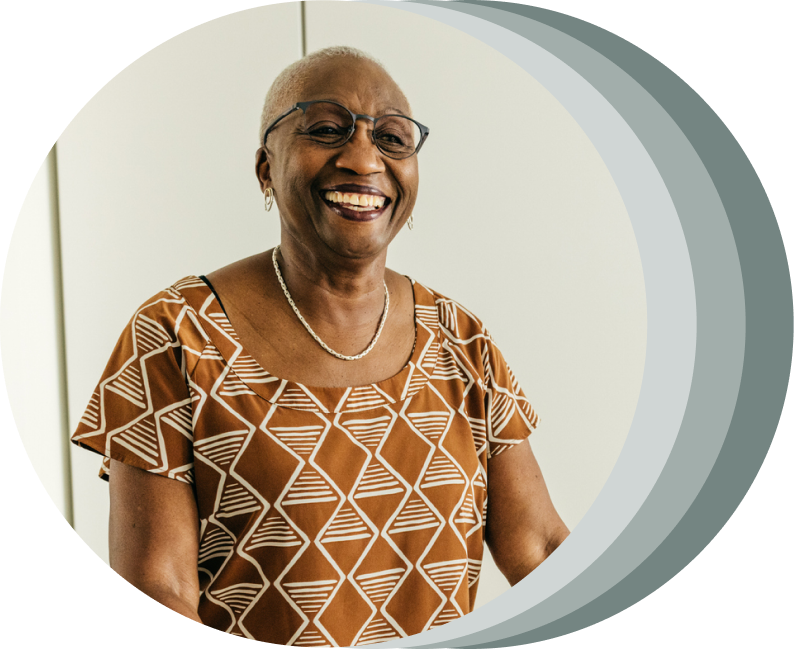
Hypertension
Hypertension in Older Adults
Hypertension is a chronic condition that occurs when the force of blood against the artery walls is consistently too high. It is a major risk factor for heart disease and stroke, two leading causes of death and disability among older adults. However, with appropriate treatment and lifestyle adjustments, seniors can live healthy lives.




